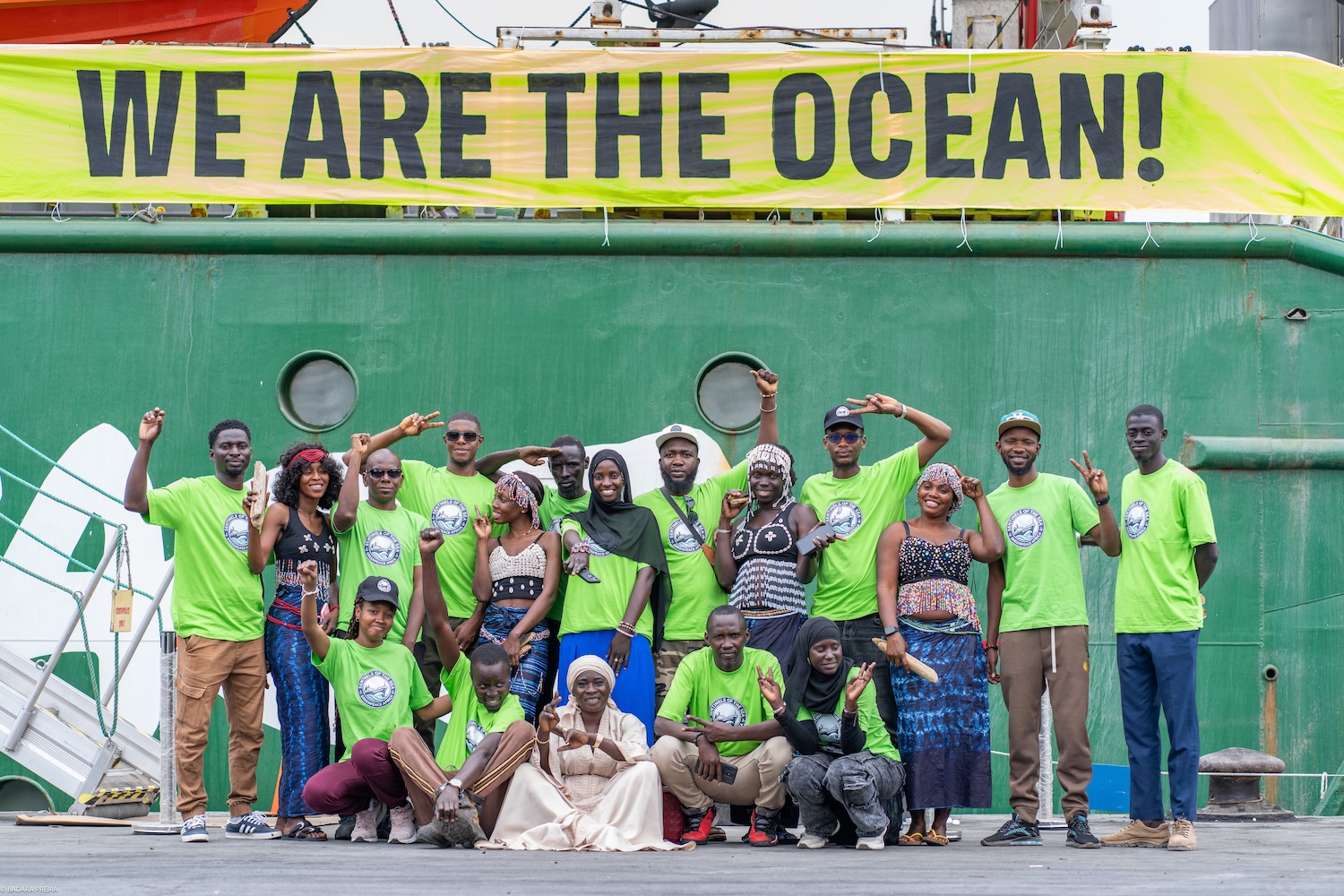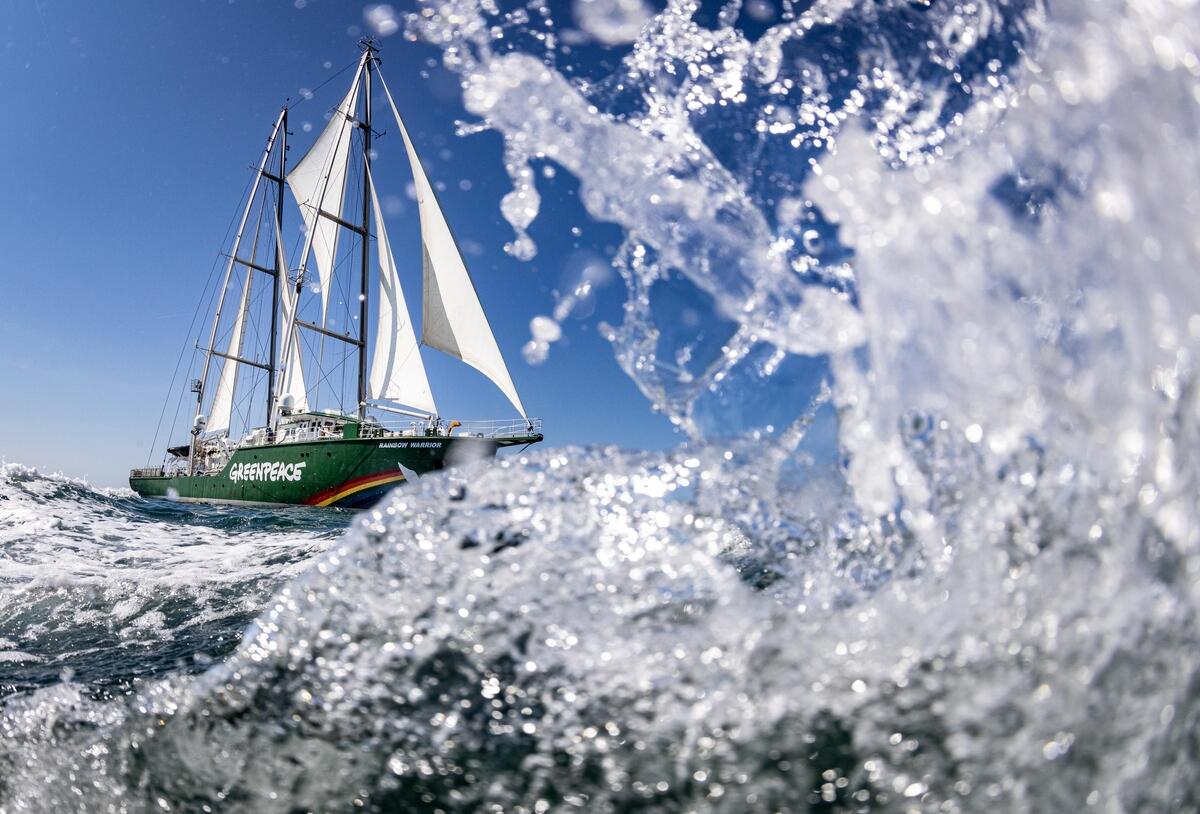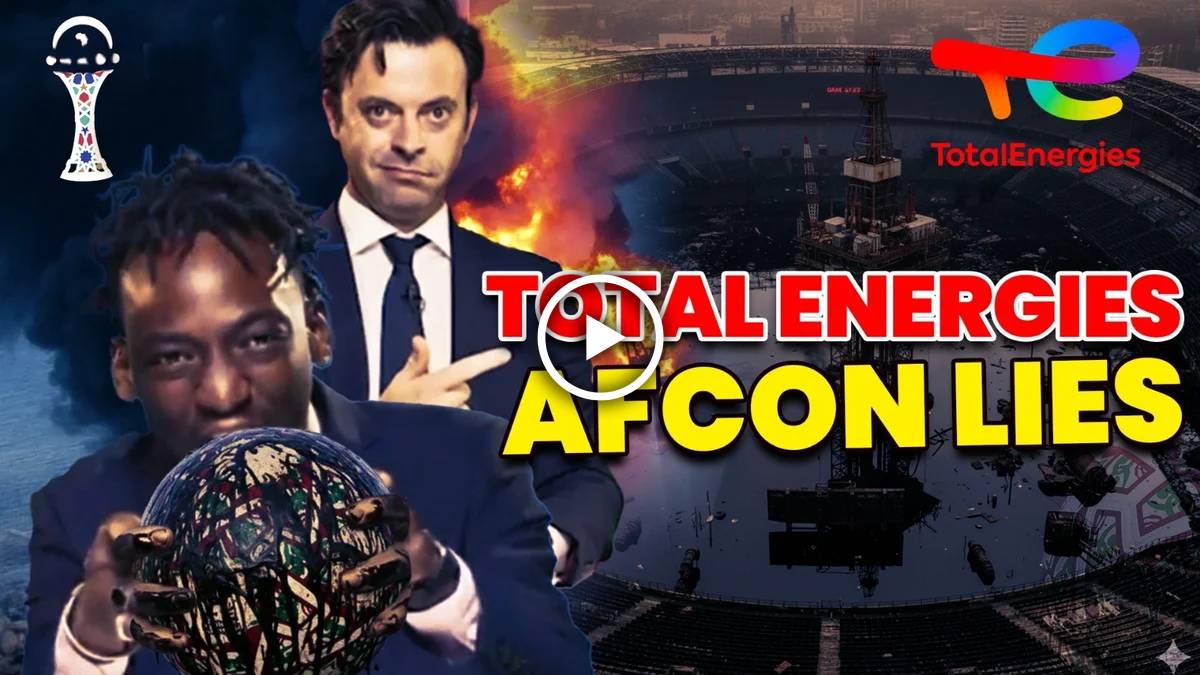Across South Africa, a silent emergency is unfolding. What might seem like isolated water outages or occasional sewage spills is, in reality, a national disaster. One that’s steadily eroding our environment, our dignity, and our rights. From Johannesburg’s dense suburbs to the heritage-rich Cradle of Humankind, and across towns like Mogale City and Maluti-a-Phofung, people are being denied something so basic, so essential, it’s hard to believe this is happening in 2025: clean, safe water.
Let’s start in Johannesburg, where the Jukskei River, once a vital artery of life, is now a stream of sickness. Raw sewage and industrial waste pour into it daily. E. coli levels are far beyond what any safety threshold would allow. And yet, children in nearby informal settlements, with no alternatives, still play and bathe in its toxic waters. Each splash is a risk of disease, including cholera. Just downstream in the Vaal catchment area, the situation is even more disturbing. The sewage system in Maluti-a-Phofung has collapsed, resulting in more than 31 million litres of untreated sewage flowing into the Vaal Dam every single day. These are the same waters used to irrigate farms, feed livestock, and fill household taps. Along with pathogens, this toxic mix now carries microplastics and heavy metals, silently infiltrating our food systems.
Head west to Mogale City, and things don’t get better. Infrastructure failures here have led to deliberate releases of sewage into nearby rivers and even residential zones. The Bloubankspruit and Crocodile rivers, which pass through the Cradle of Humankind, a globally recognized World Heritage Site, have been devastated. Pollution has triggered an ecological collapse. Local businesses like Brookwood Trout Farm have been forced to shut down operations, and families who’ve depended on these river systems for generations are being left with nothing.
In Newclare and Westbury, people wake up to the stench and reality of raw sewage flooding their homes. It can take up to a week for municipal repair teams to respond. That’s seven days of living in filth, exposed to health hazards and indignity.
Meanwhile, in Joburg South and other suburbs, dry taps are becoming the norm. Entire communities go for days, even weeks, without running water. Some are forced to rely on unsafe boreholes, others collect water from polluted streams, and many spend what little income they have on bottled water. Even the Constitutional Court and Johannesburg High Court have had to close due to water outages. It’s a symbol of how far-reaching this crisis has become, from the most vulnerable households to the highest institutions.
“This is no way to live.” In Zone 8 Meadowlands, Mrs. Julia Morobane, 70, knows this struggle all too well. “We went for three days with nothing from our taps. On the fourth day, what came out was disgusting, brown water that had to run for a while before it looked normal again. We rely on a water truck that comes just once a day. The queues are long, and most days, it runs out before everyone gets a turn. This is no way to live.” Her story isn’t unique. Across the country, people are caught in a daily battle just to access a basic necessity.
The ripple effects of this crisis go well beyond taps and toilets. Small-scale farmers in the Vaal region are watching their crops fail and their livestock get sick due to contaminated water. Polluted rivers from Johannesburg flow into the Crocodile and Limpopo basins, threatening biodiversity, food security, and transboundary water systems. It’s not just a local problem. It’s one with regional and global consequences. Tourism, agriculture, and wildlife, all vital sectors of our economy and culture, are all under threat.
Here’s what’s most frustrating: South Africa has the laws and frameworks to prevent this.
The Constitution, in Section 27, guarantees the right to access water and a safe environment. The National Water Act and Water Services Act clearly spell out government responsibilities. International treaties, including the International Covenant on Economic, Social and Cultural Rights, also enshrine water as a human right. But laws on paper mean little when they’re not enforced in real life. For millions of South Africans, these rights are invisible.
What we’re witnessing is more than just a policy failure. It’s an act of environmental and social injustice. It’s the slow violence of neglect, disrepair, and corruption, and it’s costing people their health, their livelihoods, and their futures.
At Greenpeace Africa, we believe it’s time to act. And not with band-aid solutions. What’s needed is urgent and far-reaching change:
- Massive investment to rebuild water infrastructure
- Transparent governance to eliminate corruption and inefficiency
- Legal accountability for those responsible for this collapse
- And the amplification of grassroots voices demanding justice
Because water is not a privilege. It is a basic human right.
This crisis isn’t just about rivers or pipes. It’s about people. Their health, their homes, their dignity.

Toxic industrial waste, unchecked mining pollution, untreated sewage released into our rivers and lakes. A failing infrastructure. South Africa is in a a full-blown water crisis.
SIGN THE PETITIONWe’re not powerless. You can raise your voice. You can help drive the change. Sign the petition to demand justice, accountability, and access to clean water for all.

Sherie Gakii
Communications and Storytelling Manager, Greenpeace Africa



